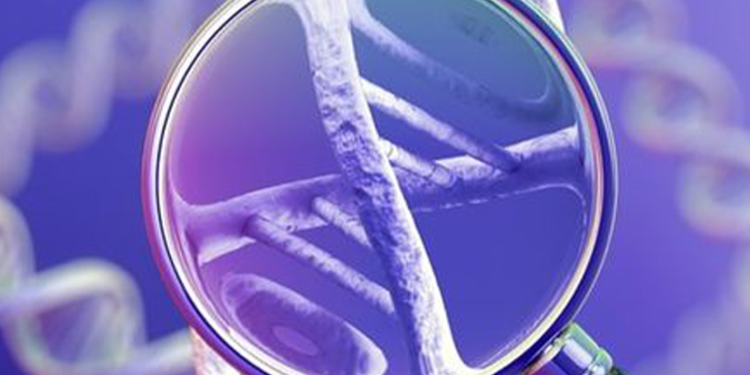Genetic engineering, the deliberate modification of the characteristics of an organism by manipulating its genetic material, raises a host of ethical questions. Here are some key considerations:
Medical Ethics
Therapeutic Applications:
Pros: Potential to cure genetic diseases, improve human health, and extend life expectancy.
Cons: Unintended consequences, long-term effects unknown, and the possibility of exacerbating social inequalities if only available to the wealthy.
Germline Editing:
Pros: Can prevent hereditary diseases from being passed on to future generations.
Cons: Ethical concerns about consent (future generations cannot consent), potential for eugenics, and the possibility of “designer babies.”
Environmental Ethics
GMOs in Agriculture:

Pros: Increased crop yields, pest resistance, and reduced need for chemical pesticides.
Cons: Potential harm to non-target species, loss of biodiversity, and the risk of creating superweeds or super pests.
Wildlife and Ecosystems:
Pros: Can be used to help endangered species and restore ecosystems.
Cons: Unpredictable ecological impacts and ethical considerations about interfering with natural processes.
Social and Economic Ethics
Access and Equity:
Pros: Can address health disparities and improve quality of life.
Cons: Risk of widening the gap between rich and poor if access is unequal.
Intellectual Property:

Pros: Incentivizes innovation and research.
Cons: Ethical concerns about patenting life forms and the monopolization of genetic resources.
Philosophical and Moral Considerations
Playing God:
Concerns about humans assuming a role that many believe should be left to natural processes or a higher power.
Identity and Diversity:
Ethical questions about the impact of genetic modification on individual identity and societal perceptions of normality and diversity.
Regulatory and Legal Ethics
Safety and Regulation:

Importance of thorough testing, oversight, and regulation to ensure safety and ethical standards.
Global Governance:
Need for international cooperation and agreements to address cross-border ethical and safety concerns.
Conclusion
The ethics of genetic engineering are complex and multifaceted. Balancing the potential benefits with the risks and ethical concerns requires careful consideration, robust debate, and the development of comprehensive regulatory frameworks.
















